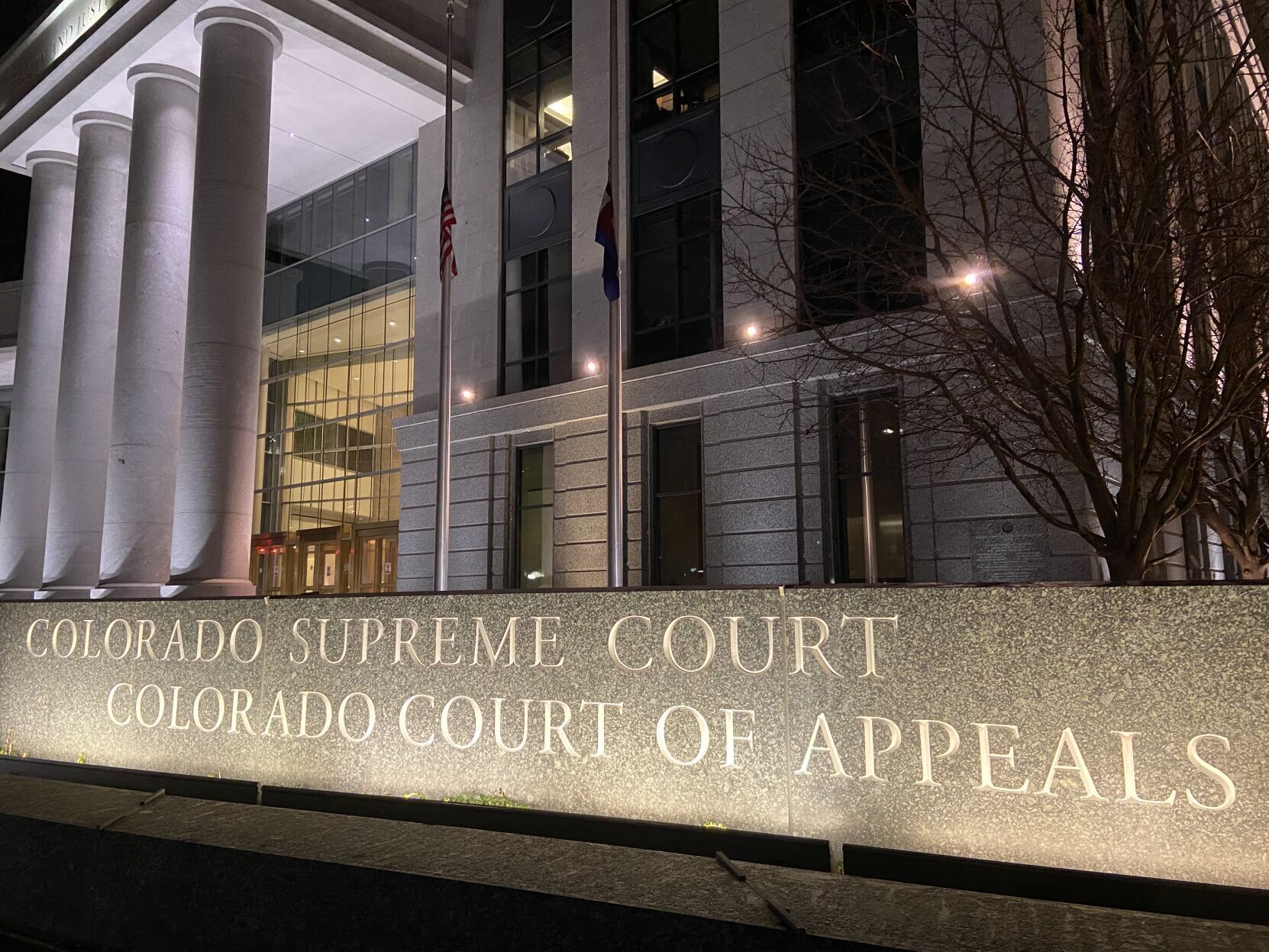Appeals court reverses another Adams County conviction for judge’s faulty analogy

Colorado’s second-highest court on Thursday once again overturned a defendant’s convictions because an Adams County judge illustrated reasonable doubt to jurors in a way that improperly lowered the prosecution’s burden to prove him guilty.
The Court of Appeals has repeatedly reversed the convictions of defendants for more than a year – exclusively from Adams County – after the Colorado Supreme Court decided in 2022 that some judges’ well-meaning attempts to explain reasonable doubt in plain English actually reduced the threshold for a guilty verdict.
The Supreme Court’s ruling in Tibbels v. People, which was the first time the justices reversed a conviction due to a reasonable doubt analogy, likewise arose from Adams County.
In Tibbels, a trial judge compared reasonable doubt to the crack in the foundation of a “dream” home, suggesting a homebuyer would hesitate to purchase the house once they discovered the defect. The Supreme Court instead found the illustration made it seem as if jurors should go ahead with the “purchase” – and presume the defendant guilty – unless a significant “crack” appeared in the prosecution’s case to cause an acquittal. In reality, the opposite is true: Defendants are innocent until proven guilty.
Case: People v. Loya
Decided: October 12, 2023
Jurisdiction: Adams County
Ruling: 3-0
Judges: John Daniel Dailey (author)
Stephanie Dunn
Elizabeth L. Harris
Background: State Supreme Court draws line on unacceptable use of analogies by trial judges
The latest case before the Court of Appeals concerned the 2015 trial of Anthony Luis Loya, who is serving a life sentence for breaking a man’s arm with a baseball bat, robbery and menacing.
During jury selection, then-District Court Judge Robert W. Kiesnowski Jr. read the legal definition of reasonable doubt, then told jurors he would “give you an example.” Kiesnowski, who was also the judge in Tibbels, asked the jury to imagine they have been looking for a home to purchase with their family. Eventually, they find a house that “sounds like the American dream.”
“You walk downstairs. The bottom of the steps – you look at the far foundation wall, OK? It has got a crack from the floor to the ceiling,” Kiesnowski continued. “Are you buying that house?”
A juror responded in the negative. Kiesnowski approved, explaining, “You have got a structurally significant crack giving you reasonable doubt to proceed with the purchase.”
Kiesnowski then deployed a second example. He asked a juror to imagine her child was sick, prompting a visit to the doctor. The doctor “says it is nothing, just a cold,” but the juror hypothetically takes her child to another doctor, who says the condition is serious and the child should go to the hospital.
“You have any doubt here which course of action you are going to take?” Kiesnowski asked.
“Go to the hospital,” the juror responded. Kiesnowski approved of her answer.
“That is the best I can do to put texture on this notion of reasonable doubt,” he said.
Loya appealed his convictions and the Colorado Attorney General’s Office insisted, as it has in other cases, that the Court of Appeals should not order a new trial – even though Loya’s case involved the same judge and the same illustration the Supreme Court found problematic.
A three-judge panel of the Court of Appeals agreed Kiesnowski’s dual analogies suffered from the same problems as the one in Tibbels. The first illustration suggested to jurors that the default choice was to proceed with the “home purchase,” meaning to find Loya guilty, unless a structural crack existed in the prosecution’s case.
“Similarly, the sick-child example suggested that reasonable doubt was created by the second doctor’s opinion that the child was ‘very, very serious(ly)’ sick and needed to go to the hospital,” wrote Judge John Daniel Dailey on Oct. 12. “As in Tibbels, these examples ‘suggested that a reasonable doubt was one that was so obvious that it would give every reasonable person pause.'”
The panel ordered a new trial.
To date, there have been 11 analogy-related cases out of Adams County in which the Court of Appeals has overturned convictions in the wake of the Tibbels decision.
The case is People v. Loya.













